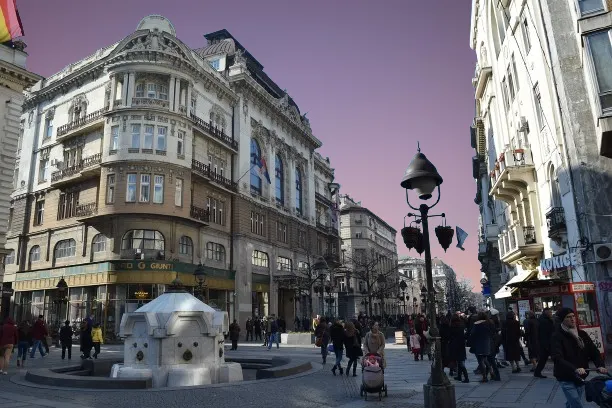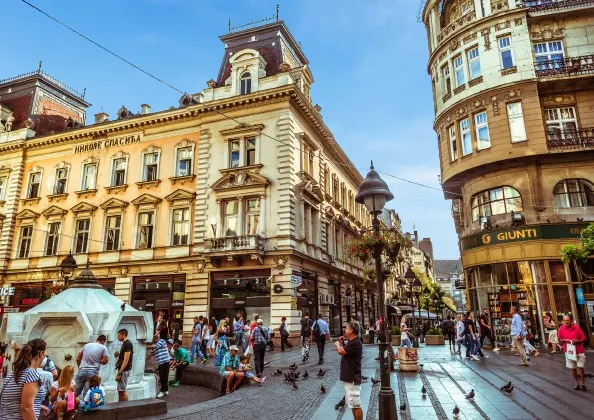Belgrade, the capital of Serbia, is often referred to as the “White City,” a nickname that encapsulates the city’s rich history, cultural significance, and architectural charm. This distinctive moniker traces its roots to various historical, cultural, and even mythological elements that have shaped Belgrade over the centuries.
The first layer of the city’s nickname can be attributed to its etymology. The word “Belgrade” itself is a compound of two Slavic words: “beli” meaning white, and “grad” meaning city. This linguistic foundation highlights the city’s connection to the color white, forming the basis for its enduring moniker. However, to fully understand why Belgrade is called the White City, one must delve into its historical and cultural tapestry.
One of the prominent features contributing to the nickname is the city’s architecture. Belgrade boasts a blend of diverse architectural styles, ranging from Ottoman and Austro-Hungarian influences to Socialist-era structures. The use of light-colored stone and white façades is a common thread throughout these architectural periods, giving the city a predominantly white appearance. This visual consistency, whether it be in the historic Kalemegdan Fortress or the elegant 19th-century buildings, reinforces the association with the White City.

Beyond its architectural aesthetics, Belgrade’s historical narrative also plays a crucial role in earning this epithet. The city has endured centuries of conquests, conflicts, and transformations, symbolizing resilience and rebirth. The term “white” may also be interpreted metaphorically, signifying purity, renewal, and the city’s ability to rise from its tumultuous past. As Belgrade reinvented itself through different epochs, the epithet “White City” encapsulates the enduring spirit of a place that has weathered the storms of history.
Moreover, the White City nickname is deeply intertwined with Belgrade’s strategic location along the confluence of the River Sava and Danube. The city’s geographical position has made it a crossroads of civilizations, cultures, and trade routes throughout history. As various cultures left their imprints on Belgrade, the city embraced a diversity that is reflected in its architecture, customs, and traditions. The blending of these influences into a harmonious whole contributes to the metaphorical “whiteness” of the city, representing unity in diversity.
Read also:Unveiling the Roma Marriage Market : A Digital Frontier Emerges
Cultural facets further enrich Belgrade’s identity as the White City. The city’s vibrant arts scene, lively music festivals, and thriving nightlife all contribute to its dynamic cultural milieu. The nickname encapsulates the effervescence and vitality that define Belgrade’s contemporary spirit, emphasizing a cultural “whiteness” that transcends physical appearances and extends into the collective consciousness of its residents.
In conclusion, Belgrade’s designation as the White City is a nuanced and multifaceted epithet. Rooted in linguistic origins, reinforced by architectural aesthetics, and symbolizing historical resilience and cultural diversity, the nickname encapsulates the essence of this dynamic capital. As Belgrade continues to evolve, the White City remains a timeless descriptor that resonates with both its past and present, inviting visitors to explore its rich tapestry of history, culture, and architectural beauty.

